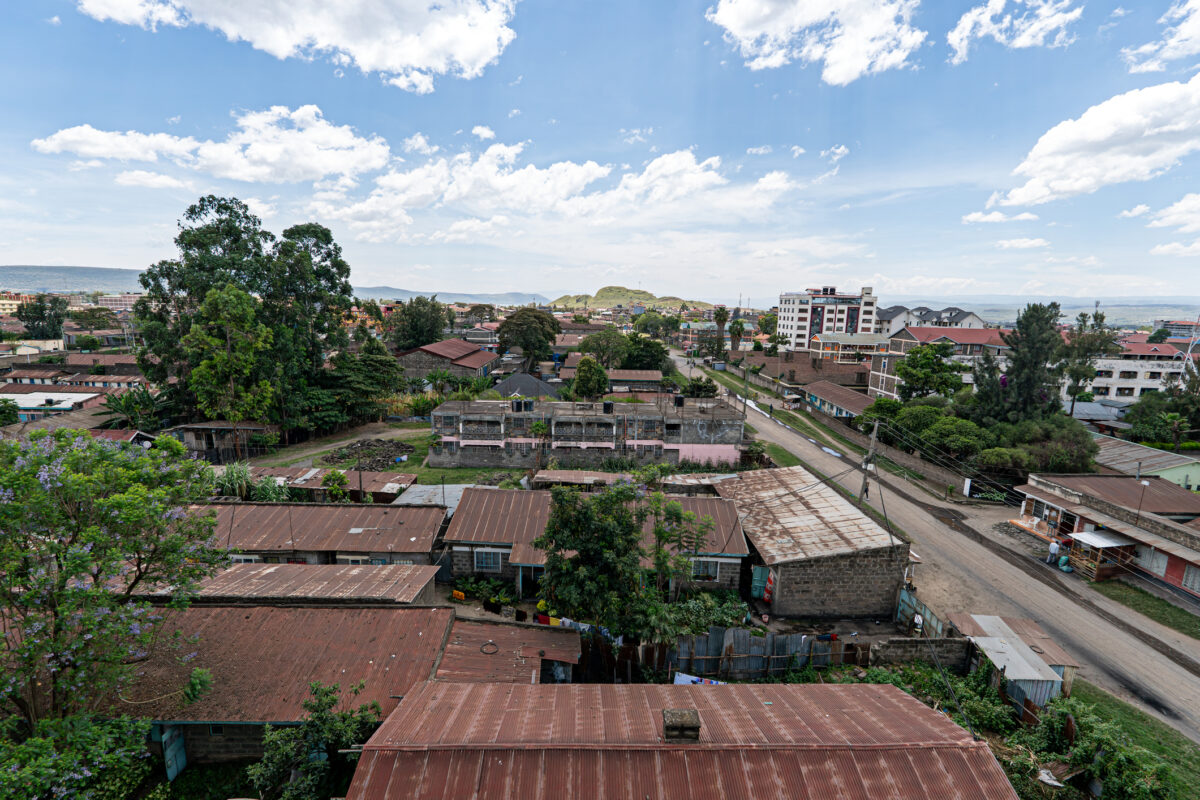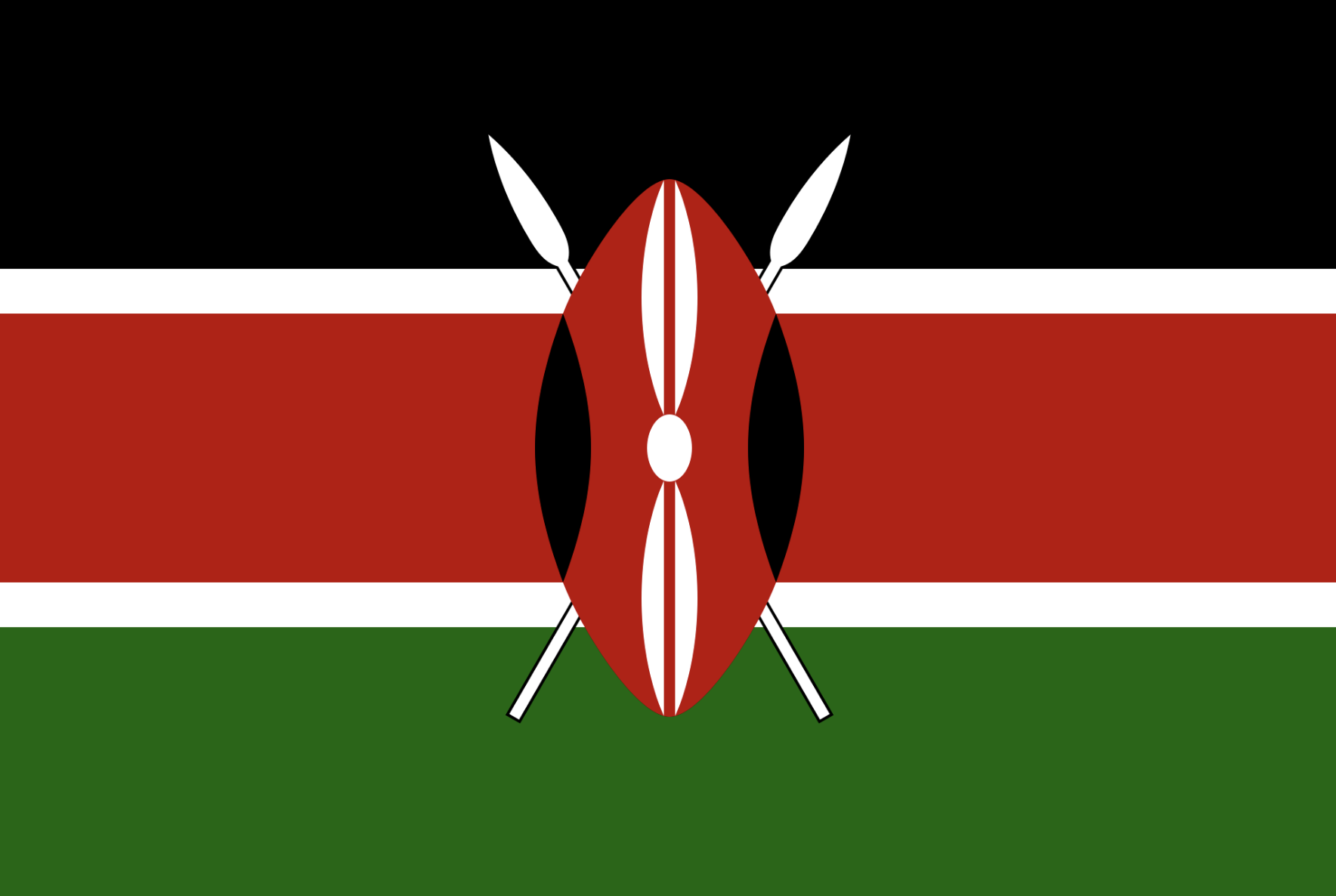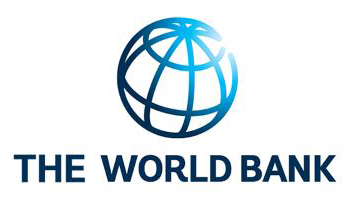
Second Kenya Urban Support Program
Adaptation Need:
Kenya is rapidly urbanizing, with 31% of the population living in urban areas (2019), a number that is projected to reach 50% by 2050. While urbanization supports economic growth and improved living standards, it also increases the exposure of people, assets and livelihoods to climate hazards, especially to flooding and droughts. Enhancing climate resilience of urban areas in Kenya will depend on strengthening the capacity of urban institutions to develop and implement climate resilient urban planning and infrastructure.
GCA’s Added Value:
GCA’s upstream strategic support delivers system-level impacts that extend beyond KUSP2. The suite of tools and training programs are strengthening long-term institutional capacities that embed climate resilience in urban investments across Kenya’s 79 municipalities. To date, GCA: (i) institutionalized a transformative national training, through the Urban Climate Resilience Masterclass (UCRMC). The UCRMC will be incorporated in the curriculum of Kenya School of Government (KSG), to equip government officials with tools to integrate climate risk into urban infrastructure and service delivery; (ii) established a national trainer pool by preparing 30 public officials and technical experts through a training-of-trainers to facilitate KSG’s roll out of the UCRMC to county and municipal officials nationwide. GCA monitored and provided feedback for two pilot deliveries of the masterclass to ensure quality; (iii) promoted scale-up of nature-based solutions (NbS) through the NbS Compendium for Urban Resilience in Kenya, launched in June 2025. The Compendium offers municipalities design-ready guidance, targeted recommendations, and tools for integrating scalable NbS into urban planning; (iv) enhanced capacity of urban officials on climate-risk informed planning by capacitating 150 urban officials representing 68 cities (with limited technical capacity or resources) to carry out an in-house rapid climate risk assessment to produce Urban Climate Risk Profiles, laying the foundation for climate resilient urban development and facilitating access to finance under KUSP-II.

Project goals
Mainstreaming Adaptation and Resilience
By partnering with the Kenya School of Government (KSG) as the host training institution to roll out the Urban Climate Resilience Masterclass and other complementary trainings, GCA ensures institutional ownership of training for public officials nationwide. These trainings shape how climate risk and NbS considerations are integrated into KUSP2 municipal investments.
Expected Outcomes
- Structuring and developing sub-national urban planning systems
- Improving access to inclusive, climate-resilient urban infrastructure and services in 45 counties, six cities, and 62 municipalities across Kenya, reaching an expected 3,500,000 people
- Supporting climate adaptation measures in urban settlements, such as the implementation of climate-smart urban drainage systems, facilitating urban agriculture, and other Nature-based Solutions
Timeline
GCA Support Status
Technical Assistance Preparation
GCA Support Implementation
June, 2023
GCA Support Completion
Monitoring
Finance
Project Investment Value
Total Investment Value
IFI Investment Value
$350.00M
Other Investment Value
$136.00M
IFI partners
Contacts
General media inquiries
info@gca.orgRequest for information
waterandurban@gca.org